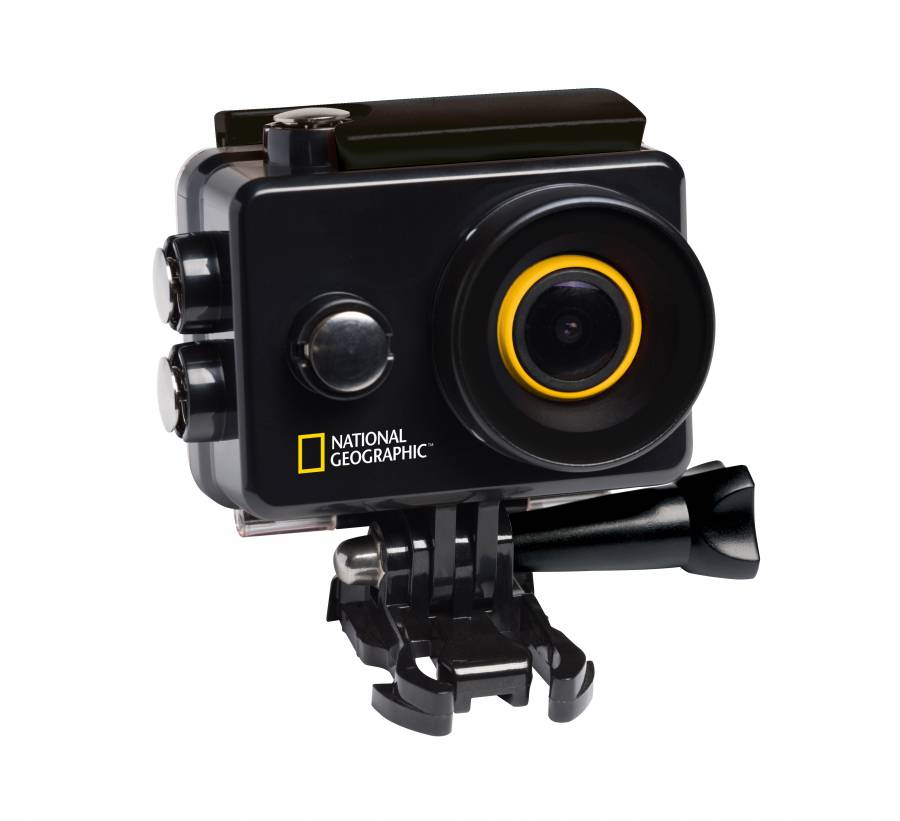Are You Wondering What Exactly Is Your CCTV Legal Requirements: Laws Explained?
Are you wondering why which are the CCTV Legal Prerequisites: Laws Explained? You may be wondering if these lawful requirements will have an effect on your capability to install a CCTV into your home or business, and whether or not they will affect the way you are able to gain get to your CCTV footage. In this article we'll go over what are the CCTV legal requirements and look at how the local laws affect the setup and use of CCTV.
First, the first thing that you have to understand on your CCTV is that you're required by law to protect your CCTV cameras by keeping them up in your home and small business assumptions. This consists of CCTV installed on your vehicle, your home, and almost any construction where your CCTV can be located. CCTV is classified as being a popular location, meaning that you can't put in your CCTV in your personal home without the permission of your regional council. Your regional council must allow you to put in your CCTV anywhere in your region, even if the cameras are out your home or business. You are also permitted to install CCTV cameras in your own home or in your small company premises, however you have to possess a valid permit.
As far as using the footage in the CCTV can be involved, it's highly illegal to access or view this footage without any permission from the relevant government, and this also includes law enforcement. If you don't have the essential permission, then you're not legally allowed to use your CCTV. If you do use your CCTV, then you definitely aren't legally allowed to publish your personal data online without permission. Ergo, if you'd like to use your CCTV afterward you definitely need to seek the approval of the local government.
Once you've obtained the necessary consent, you are legally permitted to utilize your CCTV and after that you can gain access and view the footage stored on your own CCTV at any moment. You are also permitted to use your CCTV at a court of lawand you can view your CCTV footage in court in order to show the legality of a crime or vandalism.
There are additional legal requirements you want to bear in mind when installing your CCTV. camera không dây chính hãng hải nam include that you always have to ensure that you might have an adequate and appropriate energy supply to your CCTV. Failure to follow these legal requirements could bring about your CCTV being flipped off and the price of having the CCTV replaced.

It ought to be clear from the above that there are several legal requirements you want take under account when installing your CCTV. These legal conditions do apply whether or not you are utilizing the CCTV for your personal purposes or whether you are going to use it in court. For that reason, before installing your CCTV you ought to check and make sure that you have the appropriate legal approval, and have verified that you have all of the legal authority that you need to work and also use your CCTV.
First, the first thing that you have to understand on your CCTV is that you're required by law to protect your CCTV cameras by keeping them up in your home and small business assumptions. This consists of CCTV installed on your vehicle, your home, and almost any construction where your CCTV can be located. CCTV is classified as being a popular location, meaning that you can't put in your CCTV in your personal home without the permission of your regional council. Your regional council must allow you to put in your CCTV anywhere in your region, even if the cameras are out your home or business. You are also permitted to install CCTV cameras in your own home or in your small company premises, however you have to possess a valid permit.
As far as using the footage in the CCTV can be involved, it's highly illegal to access or view this footage without any permission from the relevant government, and this also includes law enforcement. If you don't have the essential permission, then you're not legally allowed to use your CCTV. If you do use your CCTV, then you definitely aren't legally allowed to publish your personal data online without permission. Ergo, if you'd like to use your CCTV afterward you definitely need to seek the approval of the local government.
Once you've obtained the necessary consent, you are legally permitted to utilize your CCTV and after that you can gain access and view the footage stored on your own CCTV at any moment. You are also permitted to use your CCTV at a court of lawand you can view your CCTV footage in court in order to show the legality of a crime or vandalism.
There are additional legal requirements you want to bear in mind when installing your CCTV. camera không dây chính hãng hải nam include that you always have to ensure that you might have an adequate and appropriate energy supply to your CCTV. Failure to follow these legal requirements could bring about your CCTV being flipped off and the price of having the CCTV replaced.

It ought to be clear from the above that there are several legal requirements you want take under account when installing your CCTV. These legal conditions do apply whether or not you are utilizing the CCTV for your personal purposes or whether you are going to use it in court. For that reason, before installing your CCTV you ought to check and make sure that you have the appropriate legal approval, and have verified that you have all of the legal authority that you need to work and also use your CCTV.
Created at 2020-10-26 05:29
Back to posts
This post has no comments - be the first one!
UNDER MAINTENANCE